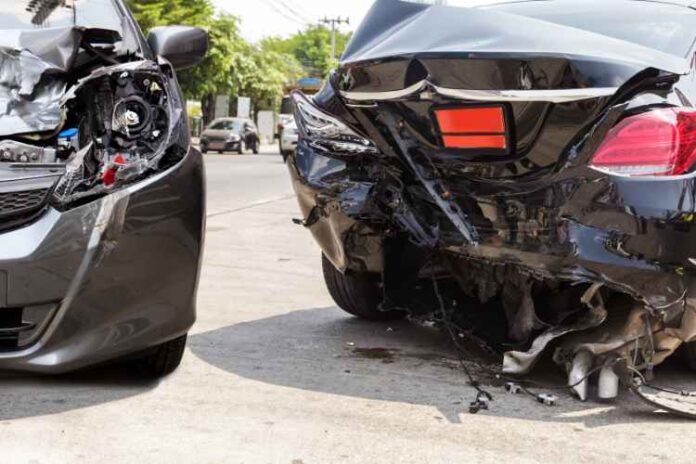Enduring injuries in a car accident can be one of the most traumatic experiences of your life. Unfortunately, traffic mishaps are not rare in Louisville, and such car accidents and crashes often lead to devastating outcomes. Immediately after the accident, you are expected to act and inform the police and your insurance company. Also, you should call a louisville car accident attorney to understand the worth of your claim, much before you deal with the claims adjuster. In this post, we are discussing the laws in Kentucky concerning traffic mishaps.
Kentucky is a no-fault car insurance state
Kentucky is among the states that follow the no-fault car insurance system. This means that an injured party must seek compensation from their insurer under the PIP coverage they have purchased. If your injury claim meets the stated thresholds, you can choose to step outside the no-fault insurance system and sue the other party responsible for the accident. As a vehicle owner, you can choose to opt-out of the no-fault system and pay for a policy that allows the right to bring a lawsuit against the other party. That would also mean that you are also at risk of being sued if you are found to be liable for the mishap.
Deadline for car accident lawsuits
Like most states, Kentucky also has a statute of limitations, which caps the time for filing a car accident lawsuit. You have two years to sue the other party, provided you have the scope to do so. The deadline remains the same for cases that involve property damage. Note that these deadlines are not applicable to car insurance claims. You should inform your insurer within a reasonable time and act as expected.
An overview of comparative fault
What happens if you have a valid claim and can sue the other party but also have a share in the fault? Kentucky follows the pure comparative fault rule, which allows you to recover a settlement even with a higher fault share. This is starkly different from the modified comparative fault rule or the 51% rule, where one driver can only sue the other when they are at a lesser fault.
Have a question? Consider talking to an attorney, and they will guide you on the steps you must follow. Hire an attorney at the earliest so there is enough time to consider all viable legal options to recover a settlement.


